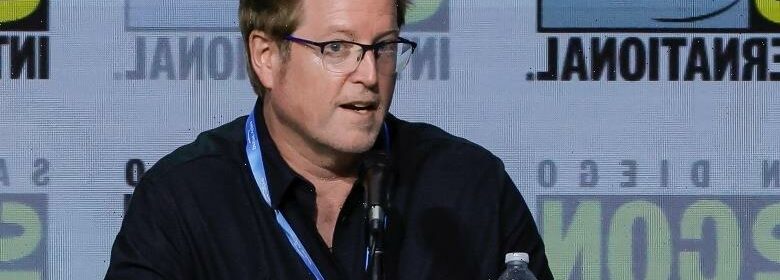Andrew Stanton Reached Out to Criterion About WALL-E Because He Wanted to Be in the Club

The Criterion Collection’s upcoming reissue of “WALL-E” will mark the first time that a Pixar film has been released as part of the prestigious home video series. The move comes at a cultural moment when animators and their fans have been fighting to see animation legitimized as a filmmaking medium, so many will be thrilled to see a Pixar film recognized as part of the prestigious collection.
But other cinephiles are concerned about Criterion’s increased openness to commercial films and have expressed disappointment about how the arthouse haven now collaborates with companies like Netflix and Disney. Combined with the company’s recent round of layoffs, some worried that the beloved Criterion Collection might be going in a new direction.
But as it turns out, the reissue of “WALL-E” was not the result of a strategic shift for the company. It was a unique project driven by one filmmaker’s passion for cinema.
In a new interview with IndieWire’s David Ehrlich, “WALL-E” director Andrew Stanton spoke about the process of collaborating with Criterion on the project. He revealed that he reached out to the company on his own because he believed that the many allusions to silent films and other classic cinema made “WALL-E” a natural fit for the Criterion Collection.
“It felt like it was a love letter to everything from cinema that I took in from youth,” Stanton said. “Because of that, I felt like it had a chance to be appreciated by Criterion. So I put out an olive branch or a bat signal to them, and that was just before the pandemic. They said they were interested, which was exciting, but then the pandemic hit. We got serious about it last year. It was a real endorsement that they thought there was a there there.”
When asked if the “WALL-E” deal was part of a larger partnership between Disney and Criterion, Stanton made it very clear that this was a one-off project driven purely by his passion for the Criterion Collection.
“Not at all,” he said. “It was filmmaker-driven. If it’s anything, it was driven by my own filmmaker ego of wanting to be in the club.”
Reporting by David Ehrlich.
Source: Read Full Article